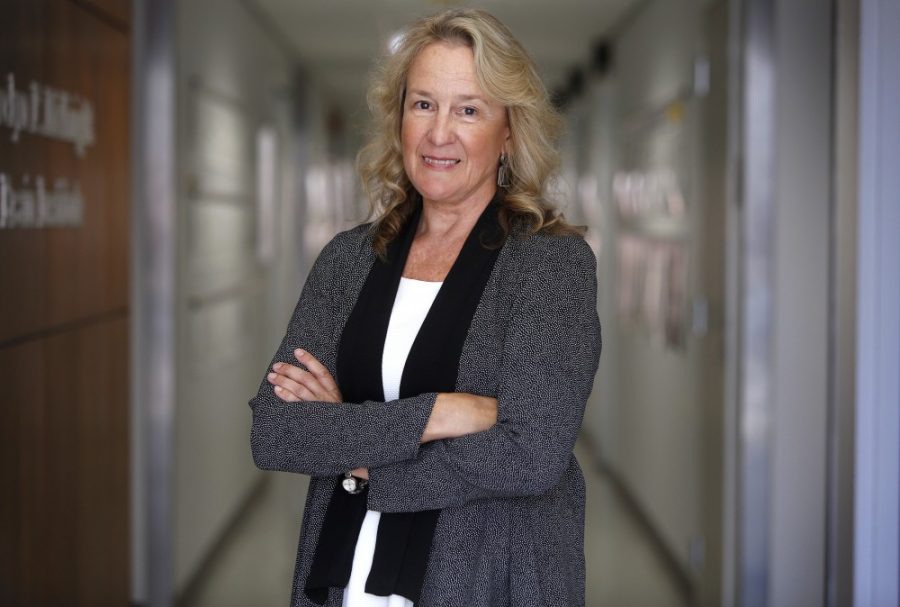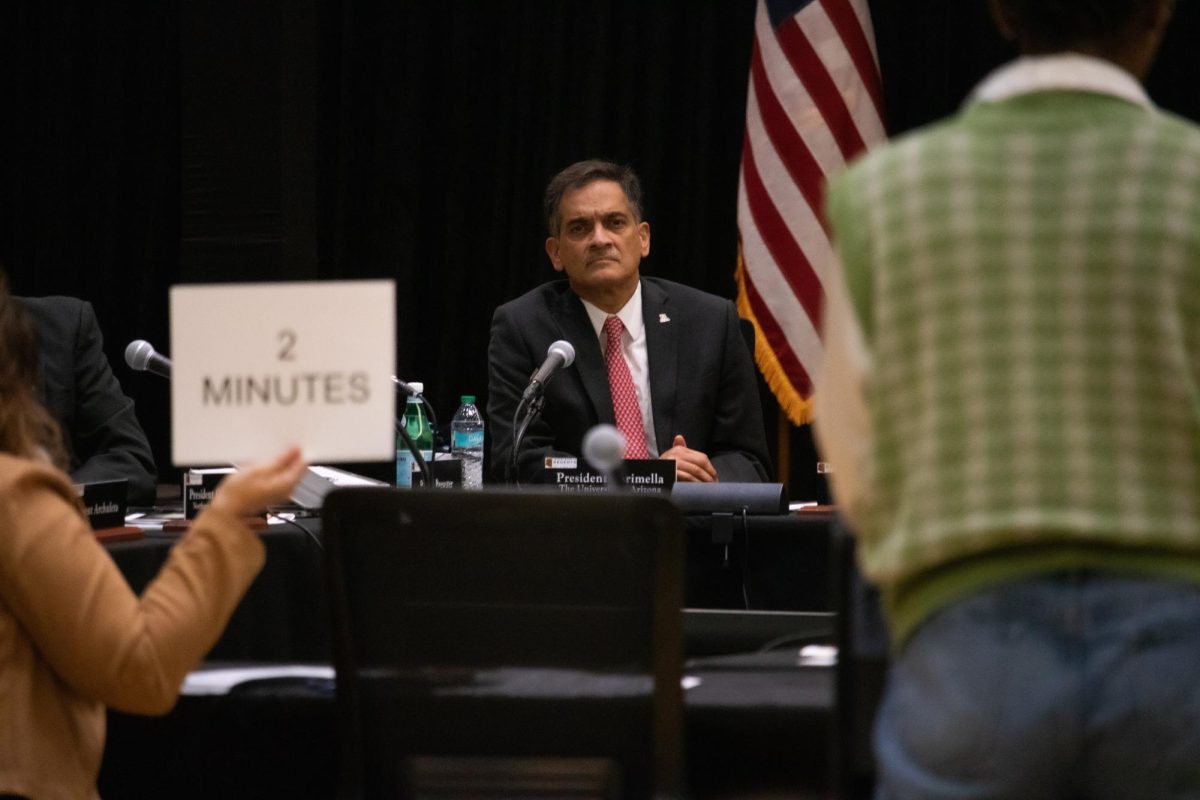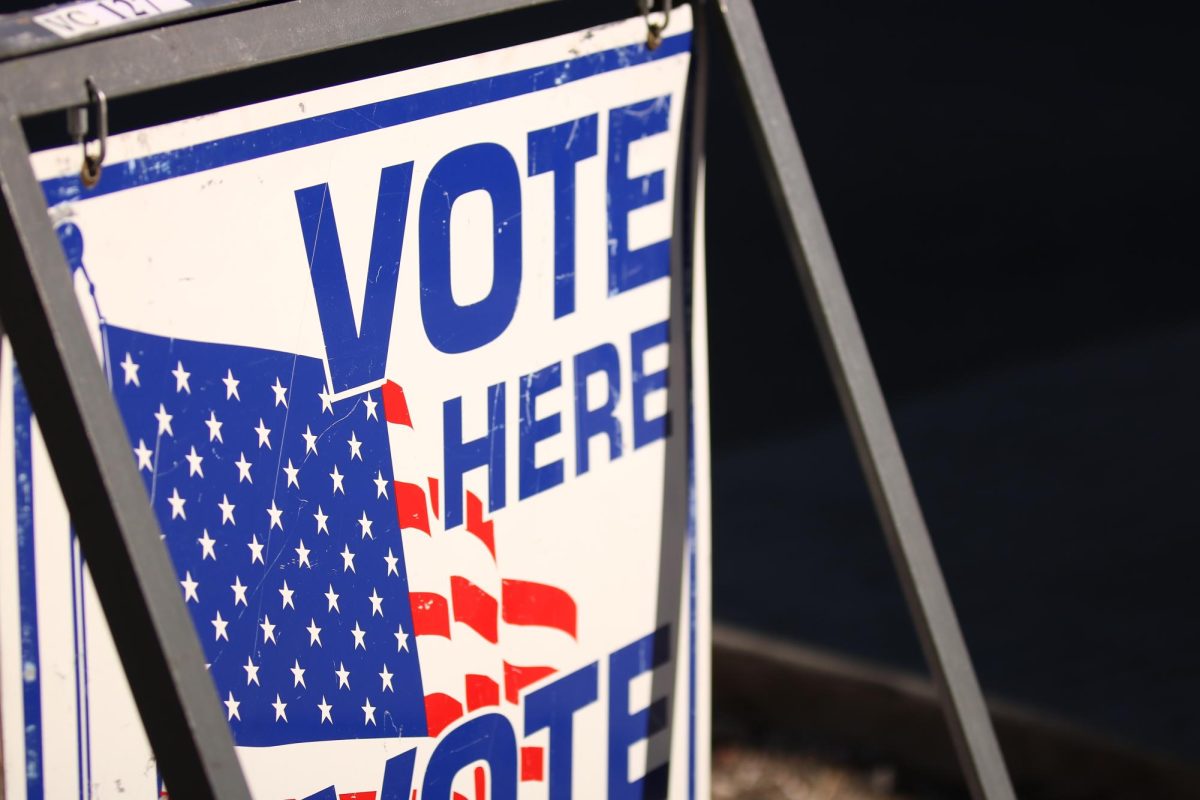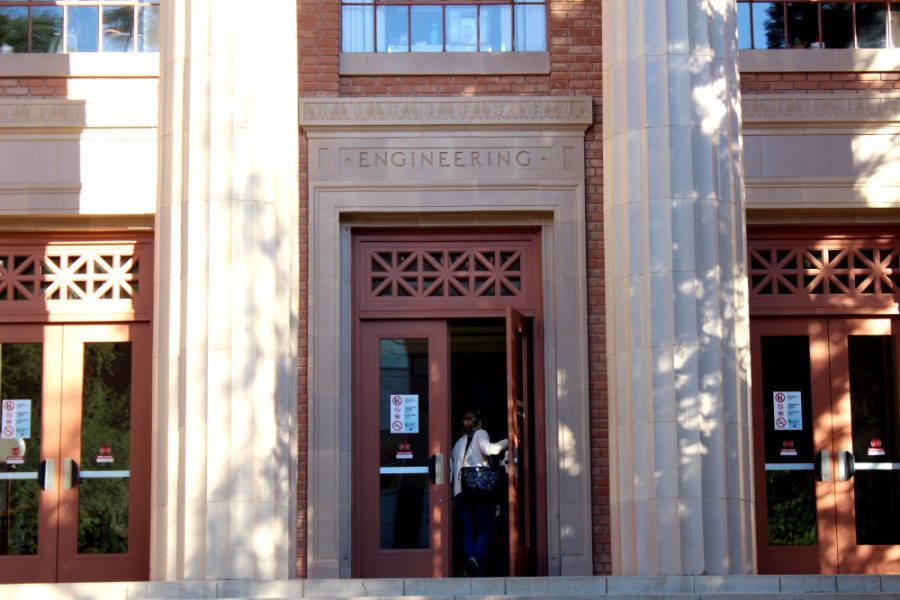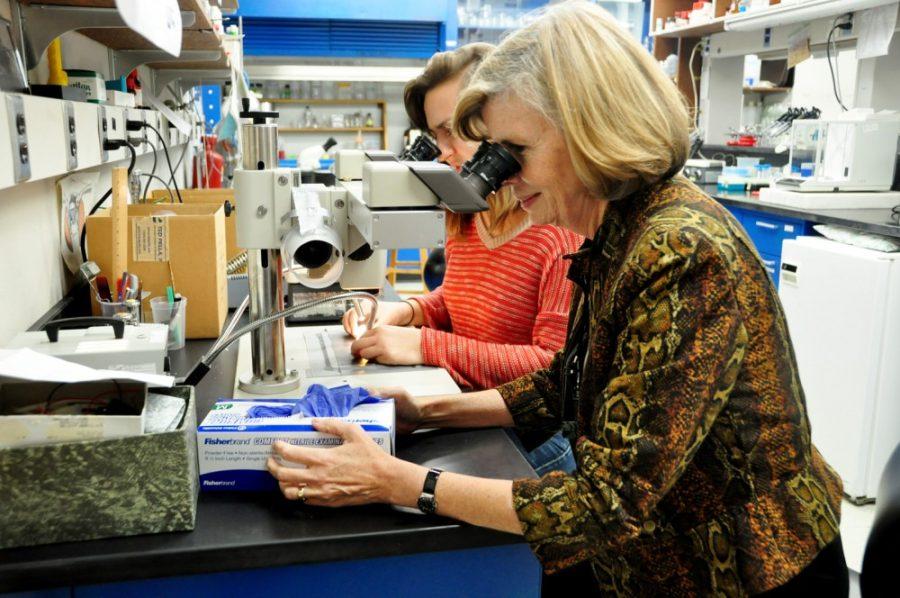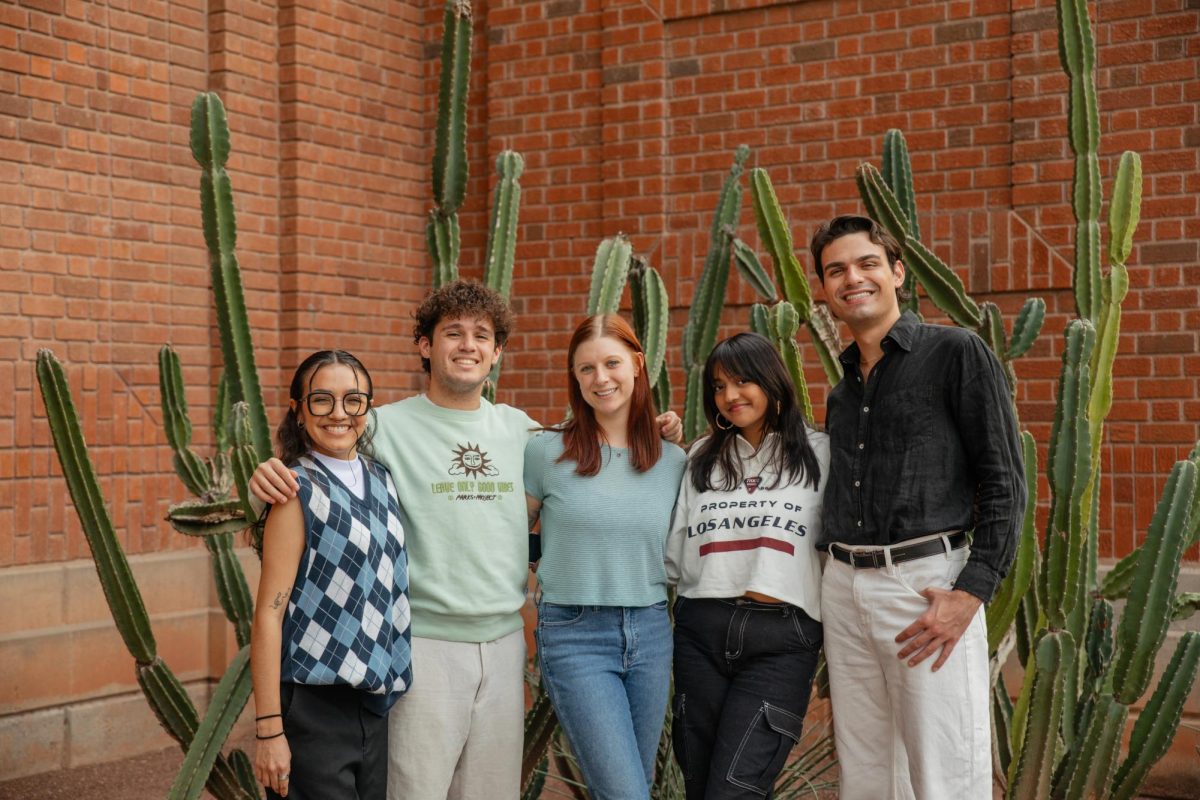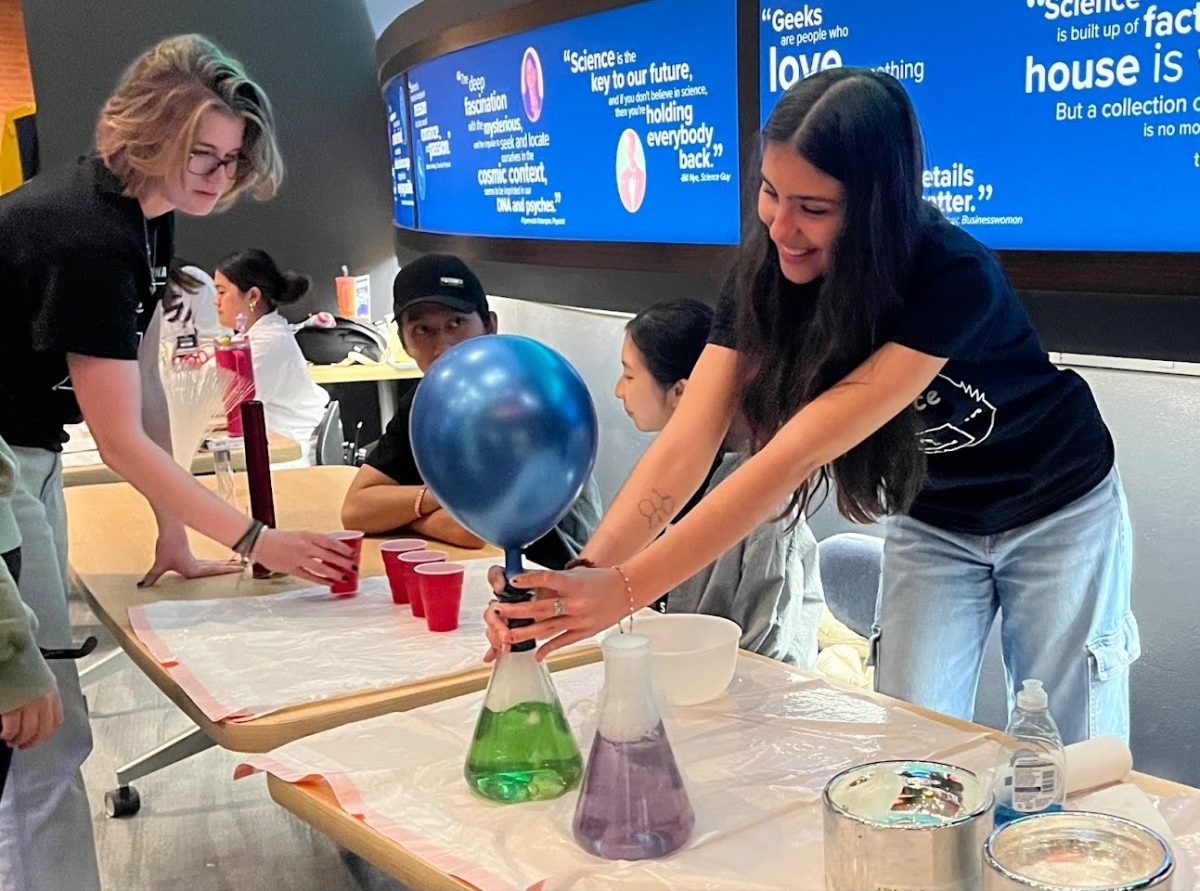Recently, Barnes sat down with Daily Wildcat Managing Editor Marissa Heffernan. Their conversation has been edited for length and clarity.
Daily Wildcat: What does being elected to the National Academy of Sciences mean to you?
Carol Barnes: That’s a really hard question. You just think about, ‘What is the National Academy of Sciences?’ Well, its charter was written in 1863 by Abraham Lincoln, and it was developed to honor a very special, unique group of scientists in the United States. There are some foreign members as well, so to make it into this really very, very small science club, is absolutely thrilling, and of course it’s a capstone of anybody’s career if they are elected … It’s pretty exclusive — it’s a remarkable life achievement. Of course, I am exceptionally grateful … I really don’t know the ins and outs of the Academy yet, I haven’t been properly inducted and I haven’t signed the magic book with all these famous people in it yet. That will happen one year from now … So I can’t tell you that I know the secret password or handshake or anything yet, because I haven’t participated in the meeting yet.
RELATED: Research Q&A: Wondering how to participate? An expert weighs in
DW: Can you tell me about your work?
CB: I found something pretty young in my career that really held my attention, and that is the mystery of why the human brain ages in very specific ways. Different forms of memory change at different rates, but your memory changes as a function of age. Some of this, most of this actually, is normal … Many, many of us have these age-related changes. So what in the brain, first of all, is responsible for laying down memories and how do those processes change over the course of time, and why are they different for different people? … We thought we knew what the biological basis of memory was — the strengthening of the synaptic contacts, the connections made between cells. The pattern of that strengthening is memory — that’s how your memories are laid down. So I thought, ‘Oh, my gosh, I can now start to examine where in the aging brain and why and how memory might be altered.’ And so that’s kind of been my path from the 70s until now … My true passion, my grandiose plan, is a national precision in aging center here at the University of Arizona. We are applying for a very large grant soon to fund this … I’m not interested in making you live to 150, I’m just interested in you having a rich cognitive life until close to death. What we’re trying to do is … make you optimally functional for as long as possible in your individual life. And for each of us it’s going to be different. So that’s why we’re looking at it in a precision medicine way.
DW: What are some challenges in this field?
CB: The numbers of participants we need to examine needs to be huge if we’re going to make fast progress, because we don’t want to just be able to help the small community that might be around Tucson, that might be very specialized, overeducated, and all sorts of stuff, we want to be able to help a geographically diverse and ethnically diverse [community] … There’s going to be all sorts of things that are different but the only way you can know is if you have people participate and actually find out what their cognition is like, what their lifestyle is like and how these go together and what interventions have been tried with these kinds of people and so forth. We really want to be able to sample a very much more representative population than has been sampled to date, and that’s going to be hard … but we have a lot of the pieces in place and a lot of great individuals across the university to help.
RELATED: Q&A faculty edition: Jessica Summers, new faculty chair
DW: What’s one of your favorite things about this field?
CB: I would never ask anybody to work as hard as I work, but the thought of coming in a discovering something new … that’s what my job is, every day. Come in and put the pieces together in novel ways, try to discover something new. I can’t imagine a better life than a scientist’s life. It is an adventure, it’s interesting, I’m never bored. I love to travel, and so I go to scientific meetings all the time, and I try to take a day for something culturally enriching wherever I am. I love to hike … I’m a pilot, I have two different pilot’s licenses, a single engine land and glider, and I scuba dive and I ski, so the scuba diving is at meetings in the Caribbean and the skiing is at neuroscience meetings, but you can fit things in everywhere.
Follow Marissa Heffernan on Twitter



